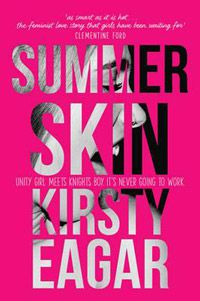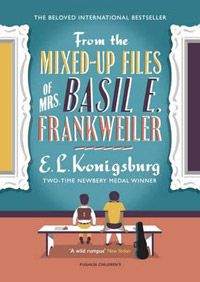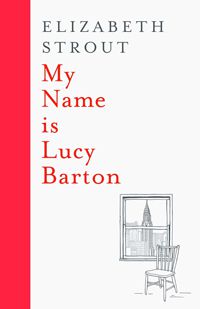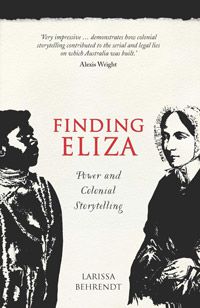Each week we bring you a sample of the books we’re reading, the films we’re watching, the television shows we’re hooked on or the music we’re loving.
Leanne Hall is reading Summer Skin by Kirsty Eagar
I’ve just finished reading Kirsty Eagar’s new YA novel. This is an up-close look at university residential college life with all its messiness, hooking up, friendship pacts, tribal behaviour, part-time jobs, exams, and yes, plenty of drinking. Eagar zooms in on intimacy, sex, sexism, social media and trust through the unlikely relationship between mouthy-yet-vulnerable Jess and mouthy-yet-vulnerable Mitch. Sorry, did I say relationship? I actually meant ‘love-hate volcanic explosion’! I suspect if I’d been able to read Summer Skin in my late teens, it might have prepared me to stand my ground more in my own relationships. I certainly would’ve felt more equipped to have some difficult but necessary conversations.
Stella Charls is reading From the Mixed-up Files of Mrs Basil E. Frankweiler by E.L. Konigsburg
There is something particularly special about rediscovering a book that you were obsessed with as a child. For me, that book was E. L. Konigsburg’s From the Mixed-up Files of Mrs Basil E. Frankweiler.
First published in 1967, Mixed-up Files tells the story of the somewhat precocious 12-year-old Claudia Kincaid who, fed up with having to do too many chores at home, runs away with her little brother Jamie to the Metropolitan Museum of Art in New York City. What follows is a delightful, witty childhood adventure, told with great warmth, humour and attention to detail. The book even includes a floor plan of the museum as it was in 1967, so you can track the locations of the exhibits the children explore, the antique bed they sleep in and the fountain that they bathe in!
The magic and originality of Mixed-up Files has stuck in my imagination for years, and I’m so happy that the story can now be read by a new generation of middle fiction readers, thanks to a beautifully printed new edition by Pushkin Press. I’m looking forward to passing this on to any 7- to 12-year-olds I come across.
Nina Kenwood is reading My Name is Lucy Barton by Elizabeth Strout
My Name is Lucy Barton is a quietly devastating book. I think that Strout is a masterful writer, one of the best literary authors working today. I remember feeling the same way when I first finished Strout’s Pulitzer Prize-winning Olive Kitteridge last year. Lucy is a shorter book than Olive, with a much tighter focus, but it carries the same emotional heft.
The seemingly simple story, about a woman in hospital being visited by her mother, covers a lot of ground. The carefully unfolding narrative is smart, honest, and occasionally brutal. I am confident this novel will be one of the best I read all year. (You can read my full review of the novel here.)
Bronte Coates is reading Finding Eliza: Power and Colonial Storytelling by Larissa Behrendt
I’m not often tempted to pick up history books but the premise of this particular title caught my interest. Aboriginal lawyer, writer and filmmaker Larissa Behrendt uses the story of Eliza Fraser – who was purportedly captured by the Butchulla people after she was shipwrecked on their island off the Queensland coast in 1836 – as a starting point to interrogate how indigenous people have been portrayed in their colonisers’ stories. It makes for fascinating reading, not at all dry or dense. Behrendt’s arguments on how storytelling impacts on our laws and societal expectations are succinct, articulate and compelling.






